
WTO Disciplines on Agricultural Support
When the World Trade Organization (WTO) was created in 1995, its members committed themselves to a set of disciplines for domestic support, market access, and export competition for agriculture. The Agreement on Agriculture paved the way for the pursuit of progressive reductions in world agricultural market distortions.
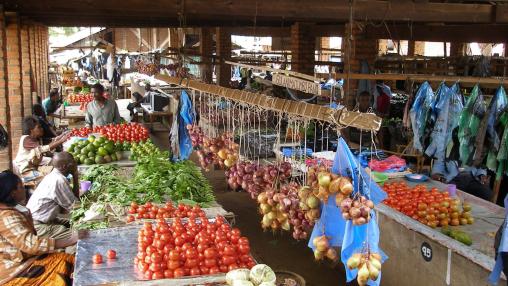
Consequences of Biofuels Mandates for Global Price Stability
While agricultural trade policies are one factor affecting global food prices and price stability, they are not the only factor. Policies not directly related to trade can also have destabilizing effects if enacted by large countries and/or by a large number of small countries. Traditionally, focus has been put on agricultural policies and domestic support for developed countries’ farmers. Another strong example of this is the recent dramatic increase in pro-biofuels policies throughout both the developed and the developing world.
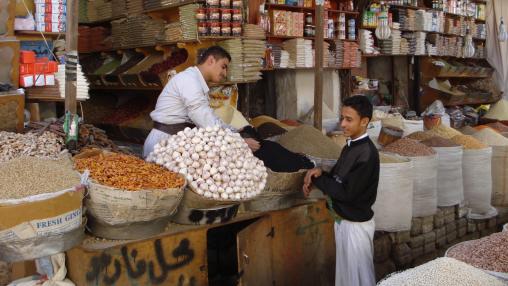
New Homepage Feature Tracks Road to the G20
Just three years after the 2007-08 food crisis, the food security of poor people and vulnerable groups, especially women and children, is again threatened as the prices of basic food items increase rapidly and become more volatile. Expanding biofuel production, rising oil prices, U.S. dollar depreciation, export restrictions, and panic purchasing are again driving up food prices—to the particular detriment of the world’s poorest consumers, who spend some 50-70 percent of their incomes on food.

G20 Releases Finance Communiqué
The G20 Finance Ministers and Central Bank Governors met again on April 14-15 in Washington DC to discuss ongoing challenges to the global economic recovery. The meeting addressed the increasing pressure faced by global commodity prices, stressing the need for commodities markets to be subject to regulation and supervision.
Read the full communiqué.
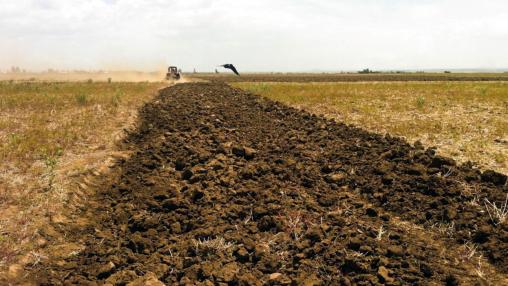
Urgent Action Needed to Prevent Recurring Food Crisis
Recent trends in food prices—higher levels and higher volatility—mirror trends predicted by a number of experts. Given the complex web of factors influencing global food security, governments of developed and developing countries, as well as international organizations, must use a comprehensive approach to prevent a food crisis reoccurrence.

Value Chains for Small Farmers
As the global population has become increasingly larger and more urbanized, and as incomes continue to rise, agricultural markets have changed drastically. The demand for high-value agricultural products and the emphasis placed on foreign trade means that poor rural farmers are often left out of the market. Smallholder farmers may not be able to compete with larger farmers who can provide consistent quantities of high-quality products.
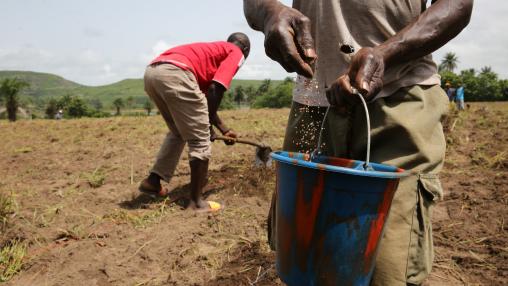
Input Markets
The structure and behavior of agricultural input markets, such as fertilizer or seed markets, can have significant regional and global effects on agricultural development and, thus, food security. Prohibitively high costs and other constraints can limit the use of beneficial inputs and lead to decreased agricultural productivity, which can negatively impact farmers as well as consumers. On the other hand, input producers may benefit from higher prices.
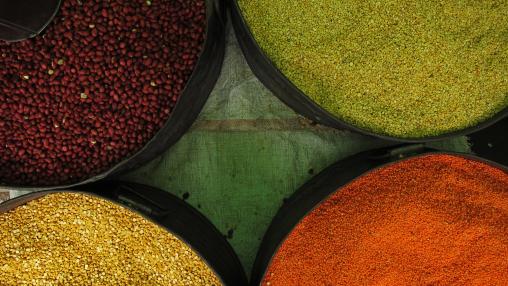
Price Transmission
The 2007-08 food crisis saw the international price of staple agricultural commodities (such as wheat, maize, soybeans, and rice) more than double; today the international price of many of these commodities is again on the rise. A common assumption is that as the international price of such commodities increases, the domestic consumer price of basic food items such as bread, flour, wheat, corn, tortillas, and rice will also increase. However, the degree of this transmission may vary from country to country and from commodity to commodity.

Social Protection
Social protection encompasses safety net programs such as conditional cash transfers, insurance programs such as microinsurance or weather securities , and social sector programs such as free primary education. In addition to creating a fairer society, social protection programs can also be key in promoting economic growth through reducing risk and encouraging investment and innovation.

Biofuels
Biofuel production has increased drastically in recent years and is expected to continue doing so—by 2020, it is estimated that more than 110 million tons of oil equivalent will be generated by first generation biofuels. With this rapid growth, the role of biofuels in global energy and food markets has come under increasing scrutiny. In particular, the argument that the production of biofuels threatens world food supplies has heightened the sensitivity and controversy surrounding the subject.